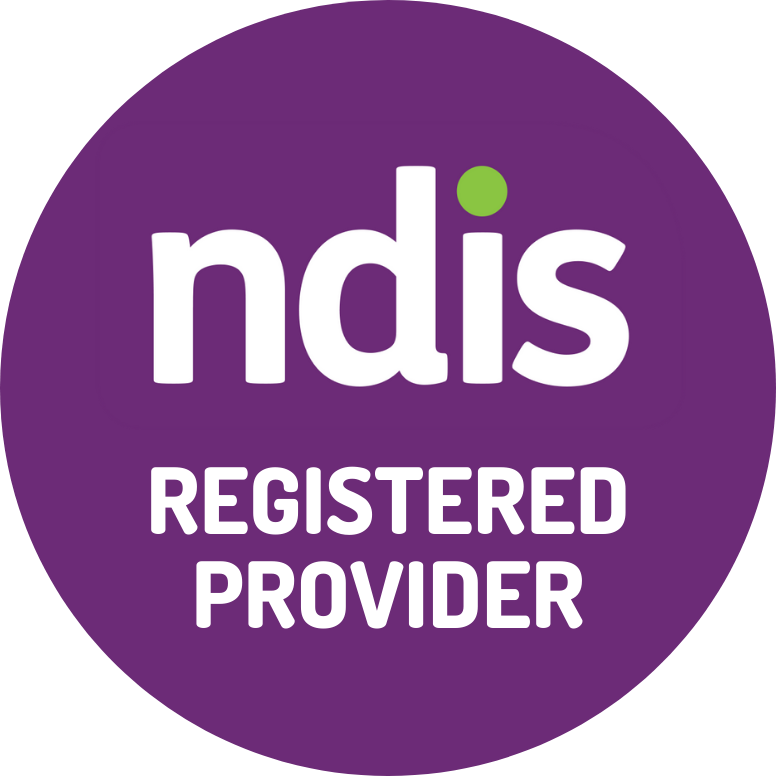Tips On Getting The Most From Your NDIS Funding
Tips On Getting The Most From Your NDIS Funding

Understand your NDIS plan
Take the time to review and understand your NDIS plan to know what funding is available and how it can be used. If you have a support coordinator, it is their job to assist you in understanding your plan. If you don’t have support, ask your local LAC when they meet you for implementation.
Identify your goals and needs
Consider what you would like to accomplish and what support you need to get there. This will help you make informed decisions about how to use your funding. If you have a plan manager, subscribe to their website, and have updates about the NDIS come directly to your inbox.
Prioritise your spending
Consider which supports are most important to you and select your spending accordingly. For example, you may need a lot of support at home during the day, a support worker to assist you with grocery shopping or doctor appointments. Rank your needs by importance. This will help you to understand where your funding is needed the most.
Research service providers
Look for service providers with experience working with people with your needs. For example, you may need physios or occupational therapists that have experience with Parkinson’s. There is a niche in allied health, and they understand your disability. Ask for recommendations from your circle of support, like family/friends/co-workers/support coordinators. Check the provider online for reviews.

Ask questions
Sometimes, it’s difficult to ask for what you need in your funding. Don’t be afraid to speak up and ask questions. As a NDIS participant, you have the right to understand what is happening with your funding; this includes providers, the NDIS planners, LACs and supports. This is how you make informed decisions about your funding when you have knowledge.
Review your plan regularly
Sit down with family and your supports to access your funding and how it is tracking. Your needs and goals may change over time, so reviewing your NDIS plan from time to time will help you understand your need.
Keep records
If you are plan-managed, log onto your portal regularly and check your funding levels and invoices. Keep copies of receipts such as consumable products and assistive technology quotes. You will have the paperwork handy should the NDIS need to see it.








